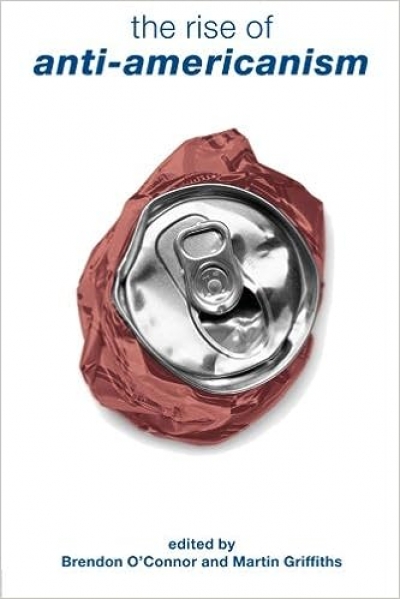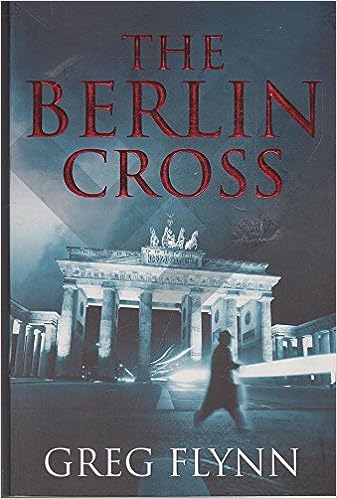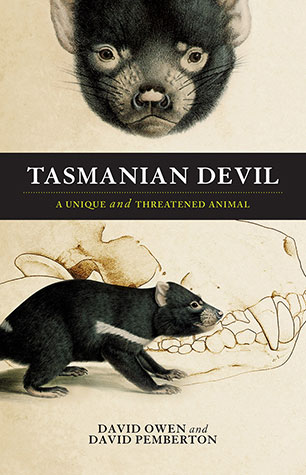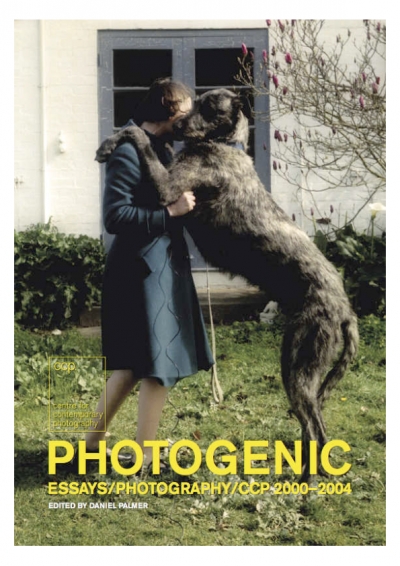Archive
The Rise of Anti-Americanism edited by Brendon O'Connor and Martin Griffiths
by Peter Haig •
The Sydney Morning Herald has been ‘Celebrating 175 Years’ all year. The words adorn every front page; the Herald ran a number of commemorative features to mark the actual anniversary on April 18; and The Big Picture: Diary of a Nation, consisting of essays by journalists and photographs from the Herald’s magnificent photographic library, has been published (see John Thompson’s review in the March issue).
... (read more)Tasmanian Devil: A Unique and Threatened Animal by David Owen and David Pemberton
by Emily Fraser •
Making And Breaking Australian Universities: Memoirs of an academic life in Australia and Britain 1936–2004 by Bruce Williams
by Ros Pesman •
Memory, Monuments And Museums: The past in the present edited by Marilyn Lake
by Paul Brunton •
Singing Australian: A History of Folk and Country Music by Graeme Smith
by Gillian Wills •
Photogenic: Essays/photography/ccp 2000-2004 edited by Daniel Palmer
by Kyla McFarlane •









